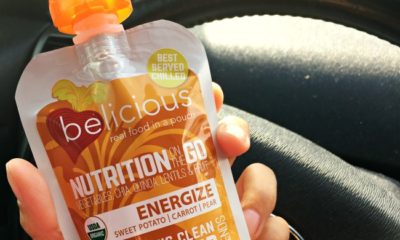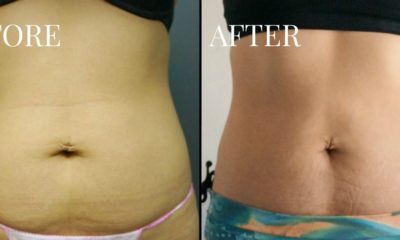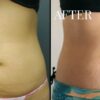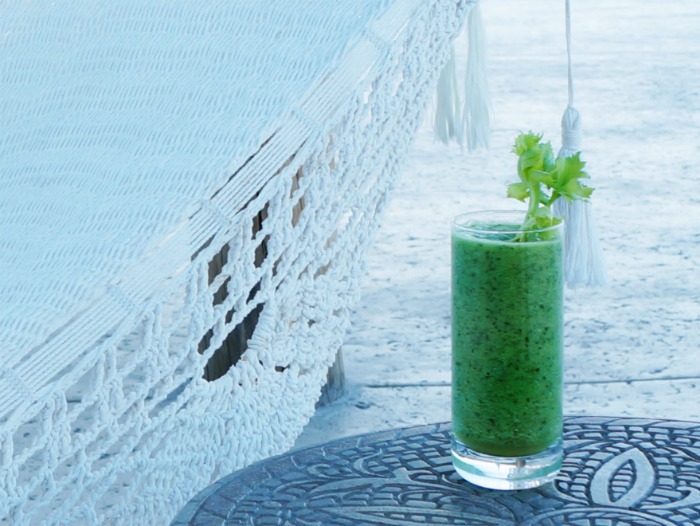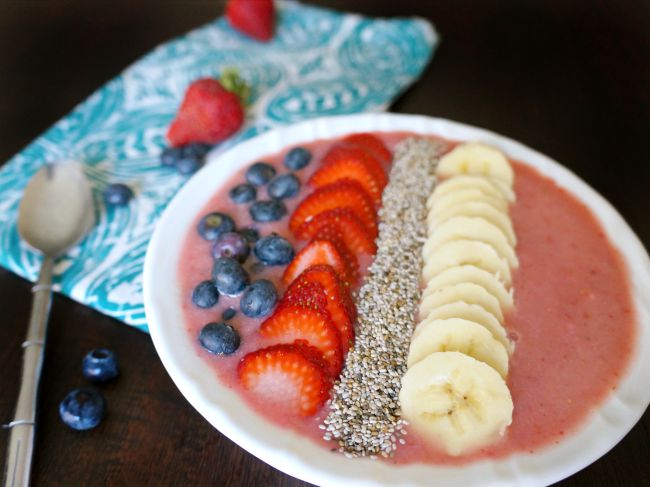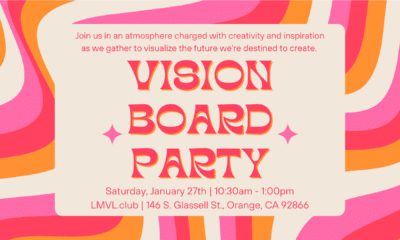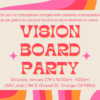Your Best Self
Foods you should be eating for healthy eyes
I’m sure you’ve heard the saying – you are what you eat. Well, we’ve partnered with the American Refractive Surgery Council to share five foods that will help promote eye health (and are good for you too!).
Carrots
An oldie, but a goodie. Carrots and any other fruit and veggie that is orange-colored have tons of beta-carotene. In the body, beta-carotene converts into vitamin and promotes retina health.
Snack idea: Carrots and avocado-hummus with carrot-pineapple smoothie
Green leafy vegetables
Vegetables such as spinach, kale, and collards are full of antioxidants like lutein and zeaxanthin. According to studies, these types of antioxidants lower the risk of developing macular degeneration and cataracts.
Snack idea: spicy ancho chile baked kale chips with green juice
Non-meat protein
Eggs, nuts, beans, and other non-meat protein sources are full of vitamins. For example, the egg yolk is a great source of lutein and zeaxanthin (just like green leafy veggies!) but it also has zinc which helps reduce risk of macular degeneration. A handful of almonds (about an ounce) will provide you with about half of the suggested daily dose of vitamin E.
Meal idea: Vegetarian burrito bowl
Citrus fruits and berries
Fruits like oranges and citrus fruit juices are a great source of vitamin C. Vitamin C has been shown to reduce the risk of developing macular degeneration and cataracts.
Meal idea: Strawberry banana berry bowl and orange spiced iced coffee
Fatty fish
Salmon, tuna and other oily fish are super high in DHA – the same type of fatty acid that is found in your retina. Keep the levels of DHA high to avoid dry eye syndrome.
Meal idea: Fish Veracruz served with a side of white rice
While nutrition is an important way to maintain your eye health, mindful eating doesn’t address the most common vision conditions including nearsightedness, farsightedness and astigmatism – the vision problems most often treated with corrective lenses such as glasses and contact lenses. Corrective lenses are often a source of frustration for those who rely on them to see well, which is why many people are interested in exploring their surgical vision correction options. If you are among the millions of adults who are tired of the visual compromises presented by glasses and contacts and are ready to look into whether a procedure such as LASIK might be the right option for you and your vision, the American Refractive Surgery Council has great resources to help you make an informed choice.
[disclaim]This is a sponsored post in partnership with the American Refractive Surgery Council. All thoughts and opinions remain my own. [/disclaim]
Originally published on April 13, 2016. Last Updated on April 13, 2016 by Pattie Cordova






